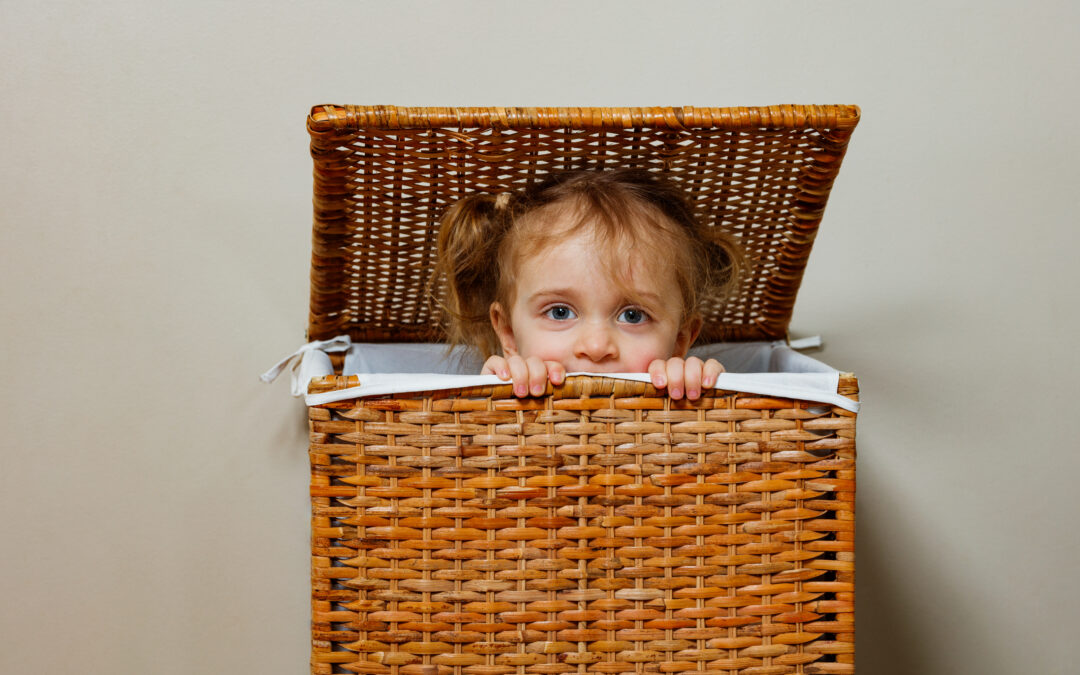Simple, fun activities that build connection, spark development, and make your little one light up

Play might seem like a small thing, but for babies, it’s everything. Even the tiniest games help build the foundation for brain development, communication, motor skills, and emotional connection. You don’t need fancy toys or a Pinterest-worthy setup—your voice, your face, and a little creativity go a long way.
Here are age-appropriate game ideas for babies, from newborn to about 12 months old, that support bonding, learning, and joy.
1. Newborn to 3 Months: Gentle, Sensory Games
At this stage, babies are still adjusting to life outside the womb. They’re learning to track with their eyes, respond to voices, and take in basic sensations.
Try:
- Face Time: Simply hold your baby close and make slow, expressive facial movements. Stick out your tongue, smile, or open your eyes wide—babies love faces.
- Singing and Talking: Choose a simple lullaby or just narrate what you’re doing. Repetition helps them recognize sounds and rhythms.
- Black and White Cards: High-contrast images stimulate visual development. Hold the cards 8–12 inches from their face and slowly move them side to side.
2. 3 to 6 Months: Movement, Rhythm, and Reactions
Babies are beginning to grasp objects, smile in response to you, and become more curious about their surroundings.
Try:
- Tummy Time Games: Lay toys in a semi-circle to encourage turning and reaching. Get on the floor with them to keep it social.
- Peekaboo Lite: At this age, peekaboo is still a surprise. Use a soft cloth or your hands and say their name when you “reappear.”
- Dance Breaks: Hold your baby securely and gently sway or bounce to music. It helps with balance and rhythm—and it’s just fun.

3. 6 to 9 Months: Interaction and Exploration
Now they’re grabbing, rolling, and sitting with support. Their attention spans are short but their curiosity is growing fast.
Try:
- Simple Ball Roll: Sit opposite your baby and gently roll a soft ball toward them. Clap and cheer when they make contact.
- Clap-Along Songs: “If You’re Happy and You Know It” becomes a game. They’ll start to mimic actions like clapping, waving, and stomping.
- Texture Hunt: Fill a small basket with baby-safe objects of different textures (a soft cloth, silicone spoon, wooden ring). Let them explore with their hands and mouth under supervision.
4. 9 to 12 Months: Problem Solving and Pretend Play
Your baby might be crawling, pulling up, babbling more, and showing stronger preferences.
Try:
- Stacking Games: Use soft cups or blocks. Let them knock them down (and cheer when they do).
- Pretend Play Basics: Offer a toy phone, spoon, or brush and model how to use it. Babies love to imitate.
- Hide-and-Find: Hide a toy under a blanket or behind your back. Ask “Where did it go?” and let them find it.
Why These Games Matter
Playing with your baby:
- Builds secure attachment
- Boosts language development
- Strengthens gross and fine motor skills
- Encourages social and emotional growth
- Supports curiosity and confidence
Even just a few minutes of intentional play throughout the day makes a difference. It’s not about entertaining them 24/7—it’s about creating meaningful moments of connection.

